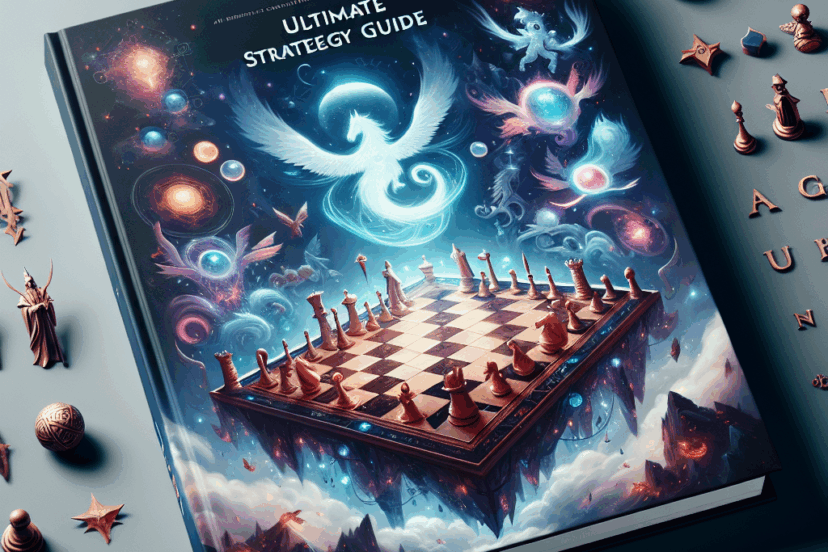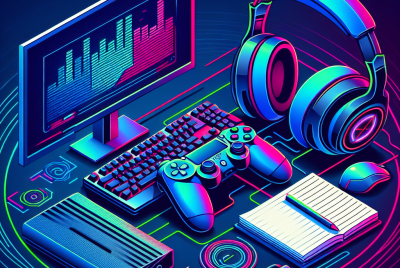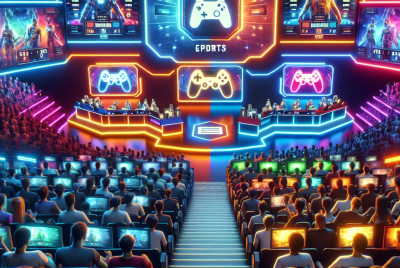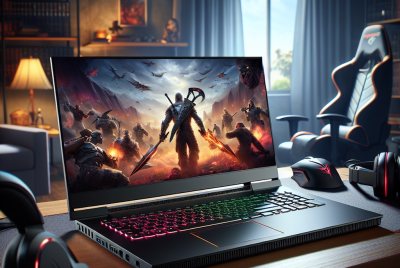Rage Quit: The Games That Push Players to Their Limits
Understanding Rage Quit: The Games That Push Players to Their Limits
What is Rage Quit?
Rage quitting is a phenomenon that goes beyond merely walking away from a video game. It embodies the emotional and mental response that players experience when confronted with overwhelming frustration, often leading to an abrupt cessation of gameplay. The psychological aspects of rage quitting are fascinating, revealing how video games can evoke intense emotions, from exhilaration to sheer obstinacy. For many, the battles fought digitally are reflections of real-life adversities, making the new-age gaming landscape a unique psychological sandbox.
The Psychology Behind Gaming Frustration
At the root of rage quitting lies human psychology and the thrill of competition. Gaming taps into the limbic system, primarily responsible for emotional responses. When players are challenged or face defeat, their fight-or-flight response activates, sometimes resulting in fury that leads to an impulsive disconnect. Cognitive dissonance plays a huge role here; players invest time, money, and emotion into games, and when faced with failures, the disparity between expectations and reality can spark anger.
Games That Encourage Rage Quit
Several games are infamous for pushing players toward the brink of rage quit. Here are some notable mentions that have gained reputations for their difficulty, competitiveness, and sometimes infuriating mechanics.
- Dark Souls Series
The Dark Souls series is synonymous with challenging gameplay. Developers FromSoftware designed these games with a punishing difficulty curve and complex mechanics. The satisfaction of progress comes hand-in-hand with the frustration of repeated failures. An unfortunate player might die countless times before defeating a particularly difficult boss, igniting feelings of rage.
- Cuphead
With its hand-drawn 1930s cartoon art style, Cuphead initially allures players with its charm. However, its notorious difficulty results from fast-paced boss battles and intricate mechanics. Many players experience overwhelming frustration, especially as they navigate perilous patterns while vying for high scores. The game’s beauty masks a significant punitive experience that often culminates in rage quitting.
- League of Legends
As one of the most popular competitive games globally, League of Legends presents an arena for both teamwork and fierce rivalry. However, the potential for toxic behavior, unforeseen losses, or matchmaking injustices frustrates both casual and seriously competitive players. A poorly executed play, lag, or a teammate’s could trigger a quick rage quit, especially in high-stakes matches.
- Madden NFL Series
Sports games like Madden NFL particularly evoke reactive frustration due to the competitive atmosphere. Missed field goals, interceptions at crucial moments, or ref decisions can lead to emotional outbursts. Because players invest so much effort into mastering techniques, even a small mishap may trigger a meltdown, especially during multiplayer sessions.
- Minecraft
While often seen as a family-friendly sandbox game, Minecraft can prompt rage quits, especially when players find themselves unprepared for unexpected threats. Losing hours of work to a creeper explosion or other player-induced mischief can make players abandon their builds in anger.
- Super Meat Boy
This platforming game is beloved for its fast-paced, tight controls and precise mechanics. However, it is also known for its relentless difficulty. Players often find themselves inches from victory before being thwarted due to an errant jump or timing error, leading to exasperation and, frequently, rage quits.
The Social Impact of Rage Quitting
The phenomenon of rage quitting also extends beyond individual experiences to affect communities. In multiplayer environments, a single rage quit can impact team dynamics, sometimes leading to outright hostility among remaining players. Various online platforms and forums address the issue, offering strategies to manage frustration and keep the gaming community healthy.
-
Communication Tools
Most modern games come equipped with robust communication tools. However, when rage hits, many players react without considering their words. This can exacerbate the situation, leading to toxicity that affects both the game environment and player relationships. -
Community Forums
Platforms like Reddit and Discord serve as outlets for players to express frustration and share stories. This lays the groundwork for communal resilience, where players can exchange advice on managing rage and preserving focus during tough gameplay moments.
Techniques to Prevent Rage Quitting
The threat of rage quitting looms large, but players can adopt strategies to manage frustration effectively. Here are several proven techniques.
-
Mindful Breaks
Taking short breaks during gameplay can help reset emotions. Stepping away from the screen, stretching, or even indulging in a brief unrelated activity can diffuse rising tension. -
Setting Realistic Goals
Rather than overwhelming oneself with exceedingly high expectations, players should set manageable goals. Progressing through achievements, even at a minor scale, can create a sense of accomplishment that mitigates frustration. -
Learning from Mistakes
Analytical reflection on gameplay, such as reviewing why a challenge was difficult, can provide insights into improvement areas. This approach encourages growth instead of helplessness, making rage quitting less appealing. -
Community Engagement
Connecting with a supportive community enhances the emotional experience of gaming. Players who share their challenges often gain encouragement, which can prevent feelings of isolation and frustration. -
Game Selection
Selecting games suited to one’s skill level is paramount. While everyone enjoys a good challenge, an overwhelming difficulty can ruin the experience and lead to rash decisions like rage quitting.
Final Thoughts on the Rage Quit Phenomenon
While rage quitting is often viewed negatively, it is contentiously tied to the wider video game culture. It serves as a reminder of the intense emotional connection players have with games, representing the trials and tribulations that come with trying to conquer virtual worlds. By understanding the psychological and social dynamics at play, players can better navigate their gaming experiences, transforming moments of rage into opportunities for growth and camaraderie within the vibrant gaming community. Whether through adopting new coping strategies, recognizing which games trigger frustration, or engaging thoughtfully with other players, the journey continues for gamers navigating the complex landscape of frustration and achievement.




